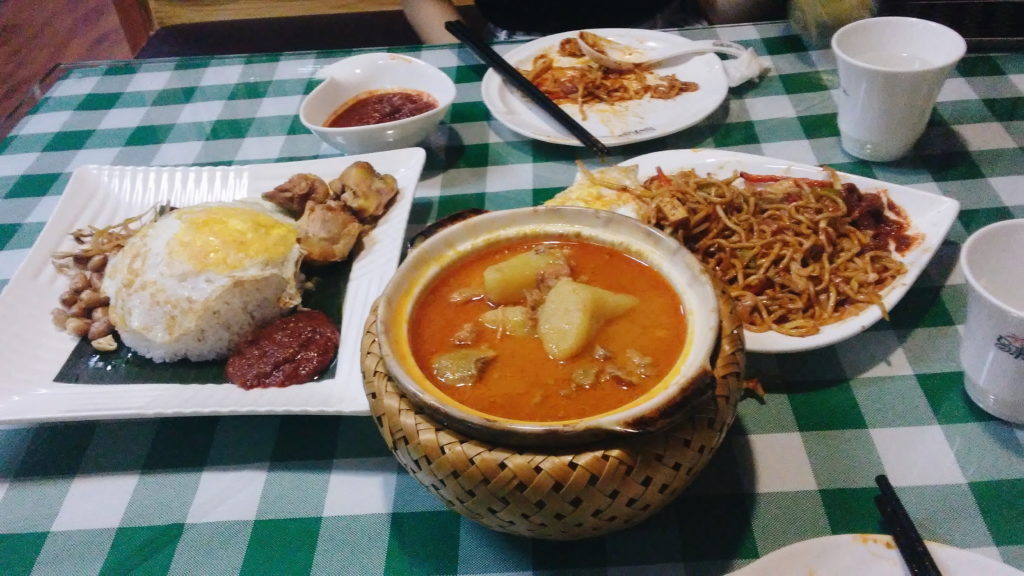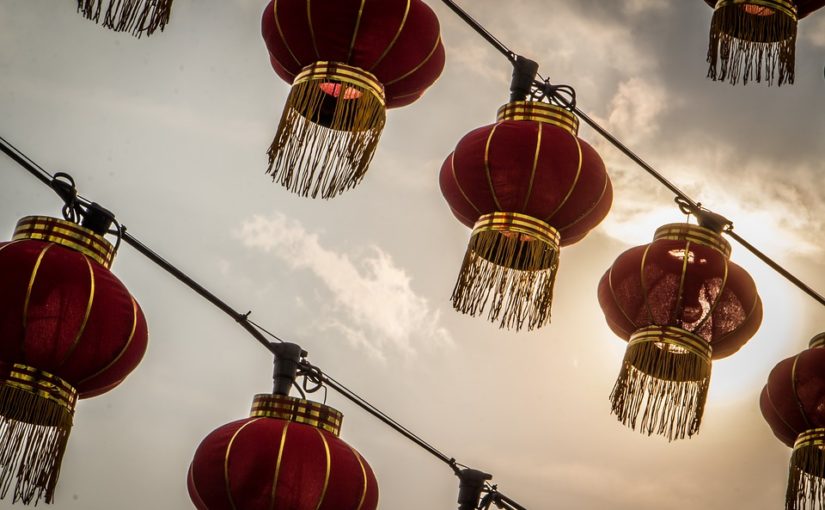My roommate for half of this summer was a PKU international student from Malaysia. But, she was of Chinese descent; even her name is Chinese. She told me her grandparents had moved to Malaysia from mainland China. I didn’t see much of her at first, but after a while I got to know her a little better. One week, I thought I’d take a break from Chinese food, and she knew a decent Korean restaurant nearby, so the next day we went out for my first (hopefully not last) Korean hot pot. Over glass noodles and BBQ beef, we talked about college and how we ended up at our respective institutions. I asked her why she decided on PKU, and she told me that she moved to China for middle school with the intention of going to a Chinese university.
“Was it hard to learn Mandarin in school?” I asked, ignorantly. She shook her head, and I nodded admiringly, until she finished her mouthful of japchae and said, “But no.. I grew up speaking Mandarin, at home all we speak is Mandarin. I didn’t have to learn it.”
“You can’t speak Malay at all?” I pressed. She shook her head again, and said that all she knew was English and Chinese. Her family was the same way. In some sense, my roommate was an outsider to all nations. She didn’t know much more Malay than I, and Chinese face discrimination in Malaysia, yet she was not quite a true mainland Chinese either. Privately, I thought this a sad place to be, essentially being a foreigner at home as well as abroad. Even at PKU, international students are put in living quarters separate from the rest of the student body. Of course in the U.S., international students regularly live and interact with the rest of the student body.
Through further conversation with my roommate and her friends, I learned that the Chinese-Malaysian community in Beijing is a tight-knit group. My roommate’s boyfriend is Chinese-Malaysian, as are most of her close friends. Again, looking for a break from Beijing fare, we went to a Malaysian restaurant, the owner of which she knows well. She told me that the owner not only gives Chinese-Malay student big discounts when they eat there, but at times even assists Chinese-Malay students financially.

My roommate expressed intense frustration with the attitude of some mainland Chinese towards her, despite her 100% Chinese background. She mentioned that some people are condescending, and even downright rude when dealing with her. When she ordered us a Didi (essentially the Chinese Uber) to return home, there was a bit of trouble with getting the driver to come to the right location on a backroad because he kept asking, “How can I trust you?”, apparently because he picked up on her Chinese-Malaysian accent. Although my roommate’s first language is Mandarin, it is immediately obvious that her way of speaking is not a Beijing, or even mainland Chinese, accent.
I asked her whether she preferred her home in Malaysia to Beijing, she did not express a clear preference for one over the other. She’s a marketing major, and said that she would feel comfortable working in China or Malaysia. Foreigners aren’t a rare sight in Chicago, or even smaller cities like Indianapolis, but Beijing is a city unused to foreigners, and if it becomes evident that you don’t quite fit in with the rest, you’ll draw eyes and may be treated differently. In my roommate’s case, this has, at times, proven to be especially trying. Empathizing with my roommate reminded me to be grateful for the diversity that America allows and celebrates.
